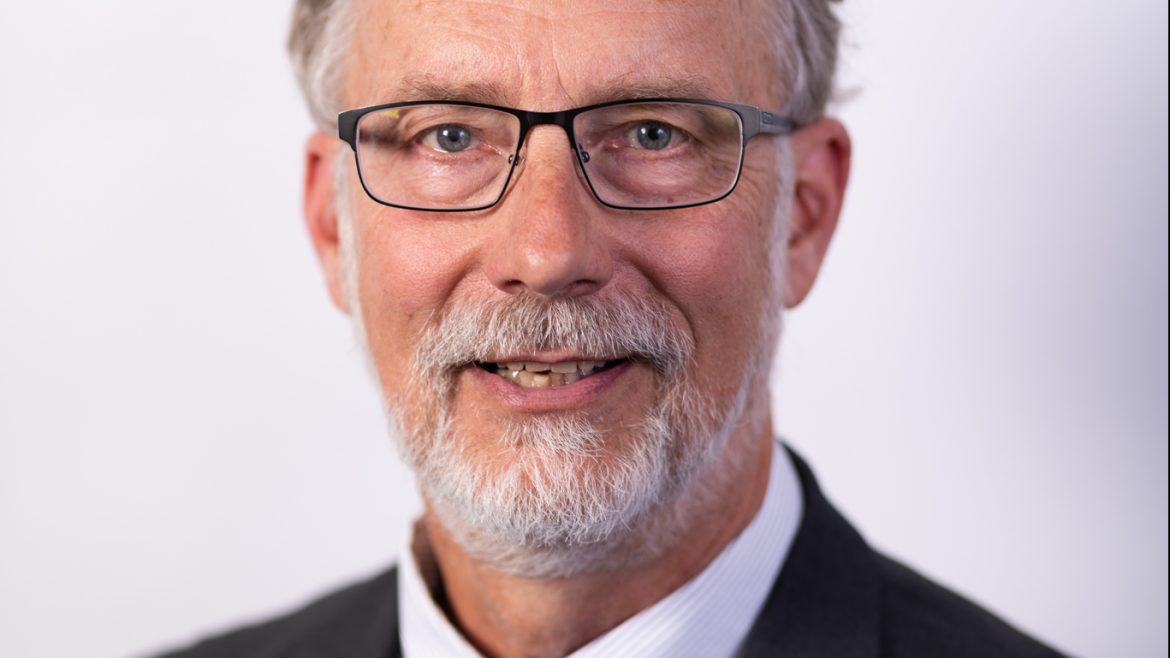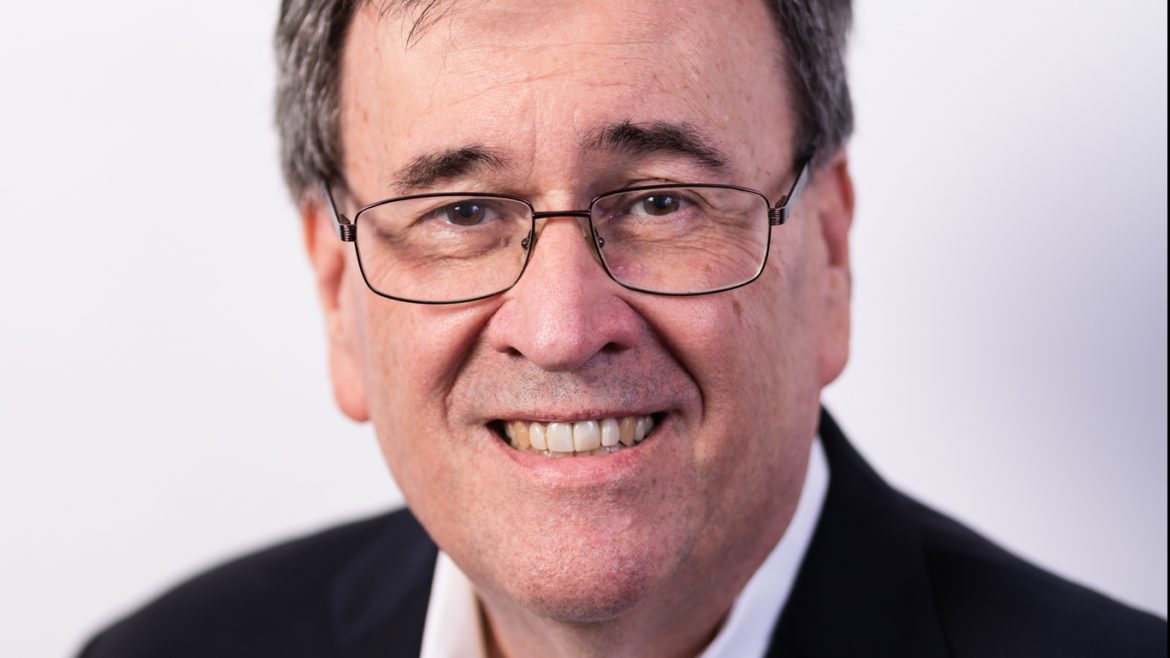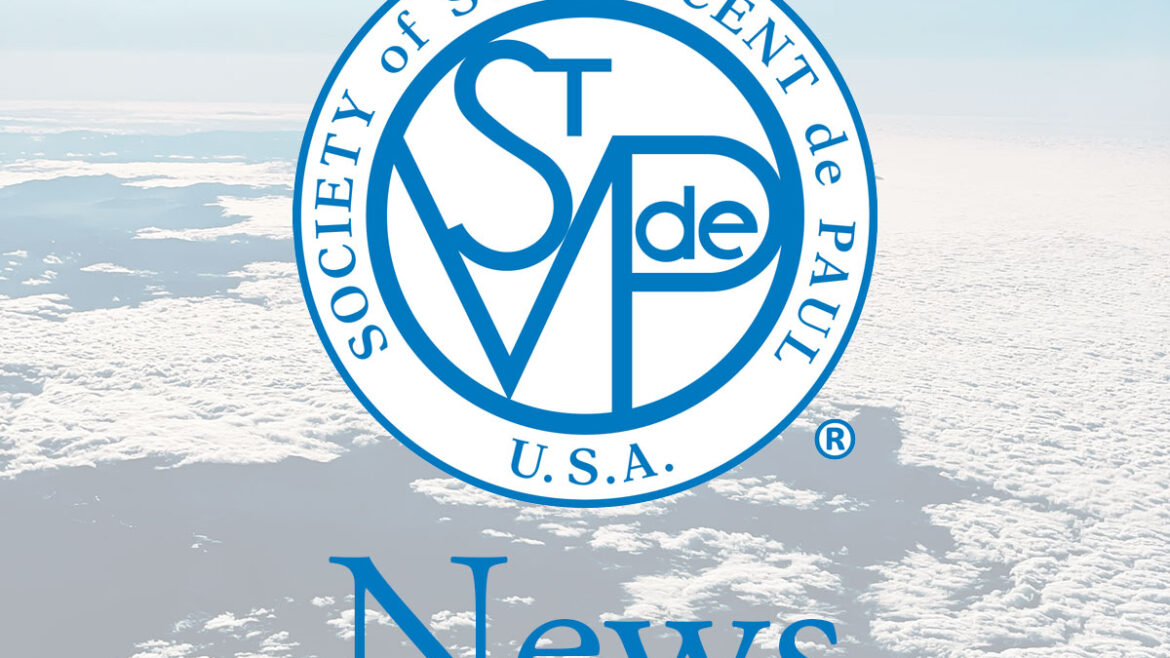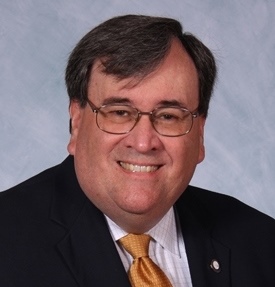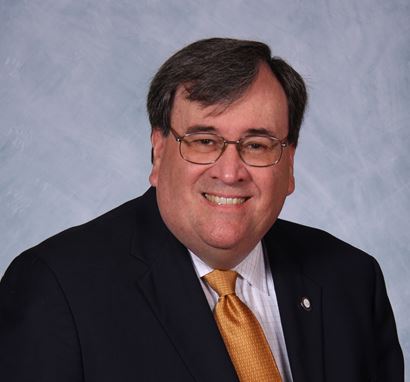Dear Vincentian Friends,
Children are going back to school soon. Summer is quickly coming to an end. In past years, this time is when we would be looking at calendars and plotting out activities for the coming year for our Councils and Conferences. It may be hard to get interested in planning this year, since we have seen so many plans abandoned in the past 18 months. Even though there are many uncertainties as we look forward, I suggest we need to provide some focus to our efforts by making plans for what comes next.
At our National Assembly next week in Houston, we will be introducing the next phase of our National Strategic Plan. We are not calling this a new plan because much of the proposed plan builds upon the document that was approved three years ago. Half of that plan’s life span has been lived out under the shadow of the COVID pandemic. Still, we accomplished many of the plan’s elements, and some its parts would have been difficult to accomplish even under ideal circumstances. We are keeping the five focus areas of the original plan and concentrating on what can realistically be accomplished in the next three years.
I believe revitalization is the priority embedded in almost every aspect of the plan. I hope it is your priority, too. I hope there will be parts of the National Council Strategic Plan that you will embrace and include in your planning process. It is up to you, however, to look at your Council or Conference and assess what needs to be done to contribute locally to revitalizing our Society and fostering its growth.
The National Council has many resources to aid you in this effort. You will find these tools on our national website. That site has always had a wealth of resources – maybe too many, often poorly organized. Good news: this week you received an email announcing the launch of our improved member website. Please check it out, and use the material provided to create a plan to bring new life to our Society.
During these months of isolation, our committees have been active, and none more so than our Growth and Revitalization Committee. Under the leadership of Rita St. Pierre, Jeanne Harper, Cathy Garcia and Julie Witzel, the committee has provided webinars and updated materials for you to use. There will also be a revised Invitation to Serve program available in the months ahead.
I am certain that almost every Conference in the country has lost members in the past year. Now is the time to invite new people to join us. I suggest contacting pastors and bishops as you make these plans and asking for their help and suggestions. You will find new material on the website that you can share with your clergy to help them appreciate the value an active Society of St. Vincent de Paul offers a parish and a diocese.
Blessed Frederic Ozanam is known as the principal founder of our organization not because it was solely his idea but because he was its most passionate promoter. From early days in 1833 to the last months of his life, Ozanam was recruiting members, starting Conferences and encouraging the revitalization of Conferences that were losing their “primitive spirit.” You can be a founder, too. Invite others to share this vocation that you love. Invite them to serve their neighbors in need, to grow spiritually and to find a community of friends in the Society of St. Vincent de Paul.
Serviens in spe,
Ralph Middlecamp
SVdP National President

